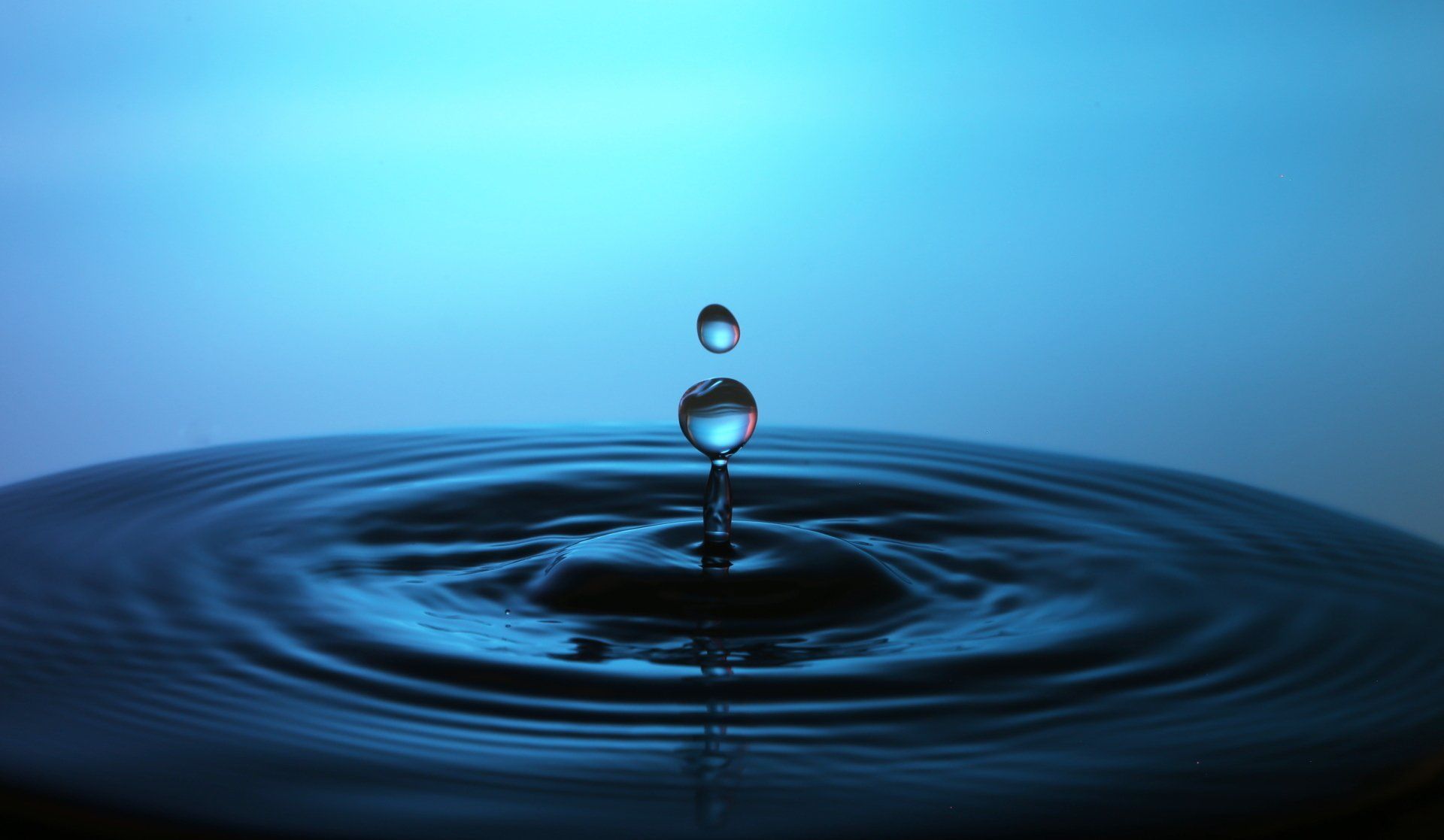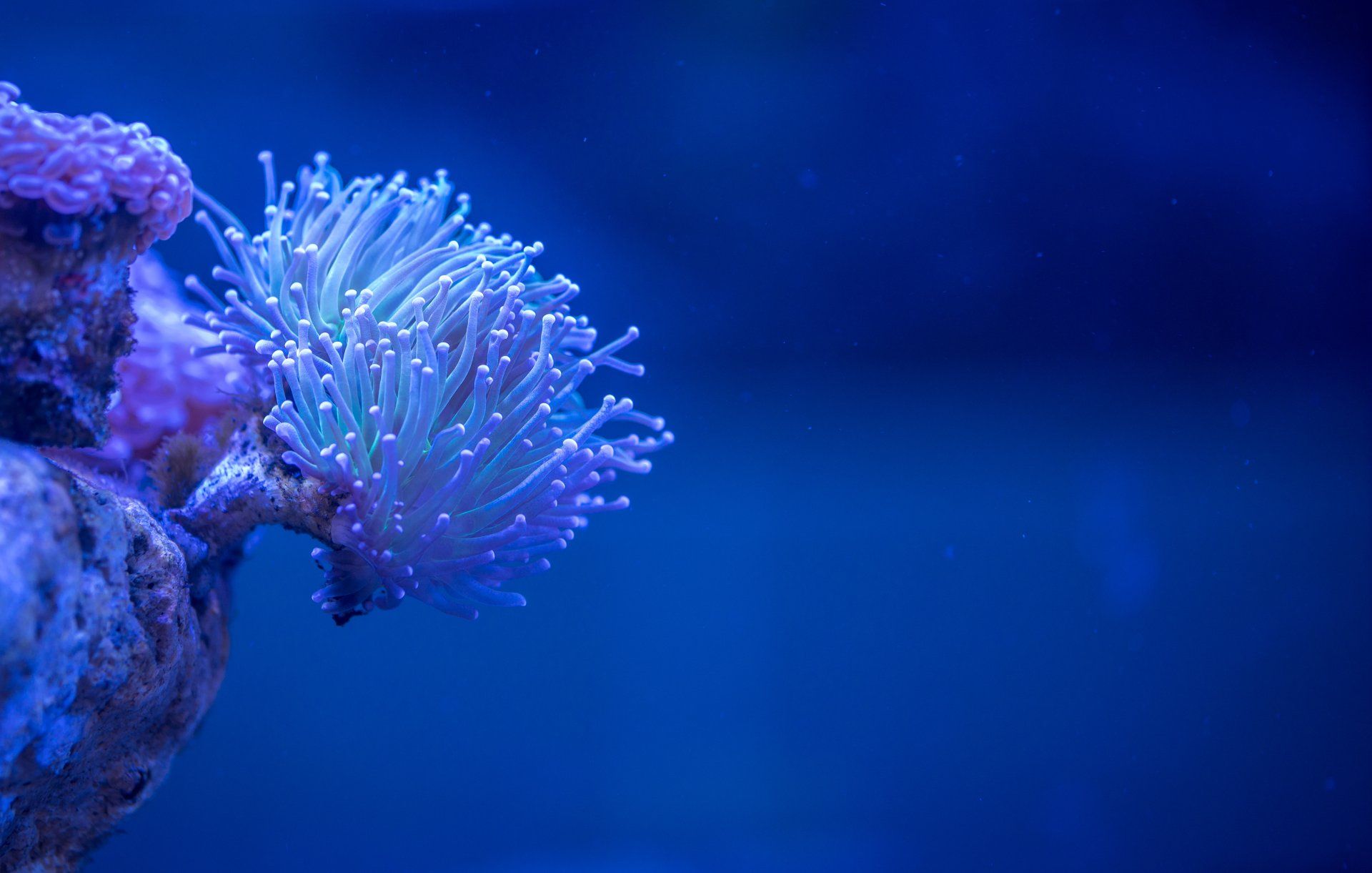Mars: Water Purification Systems That Are Needed On Mars
Water Purification On The Red Planet

Water purification systems are essential for the success of any human mission to Mars. The red planet is known to have water in the form of ice, but this water is not suitable for human consumption without first undergoing a purification process.
There are several reasons why water purification is necessary on Mars. First, the water on Mars contains high levels of dissolved minerals and salts, which can be harmful to human health if ingested. Second, the water on Mars is also likely to contain microbes that could pose a threat to human health.
To address these challenges, water purification systems on Mars would need to be designed to remove dissolved minerals and salts, as well as to kill or remove any harmful microbes that may be present in the water.
Reversed Osmosis
One potential approach to water purification on Mars is to use reverse osmosis, which is a process that involves forcing water through a semi-permeable membrane to remove dissolved substances. This approach has been used successfully on Earth for water purification, and it could be adapted for use on Mars.
UV Light
Another potential approach is to use advanced filtration systems, such as those that rely on UV light or other forms of radiation to kill or remove harmful microbes. These systems would need to be rugged and reliable, as they would need to function effectively in the harsh environment of Mars.
Energy Efficient
In addition to these technical challenges, water purification systems on Mars would also need to be designed to be energy efficient and to operate with minimal maintenance. This is because any human mission to Mars is likely to be limited in terms of the resources that can be transported to the planet.
Overall, water purification is an essential component of any human mission to Mars. Without effective systems for purifying water, it would be impossible for humans to survive on the red planet for any length of time. As such, the development of water purification systems for Mars is an important area of research and development for NASA and other space agencies.




